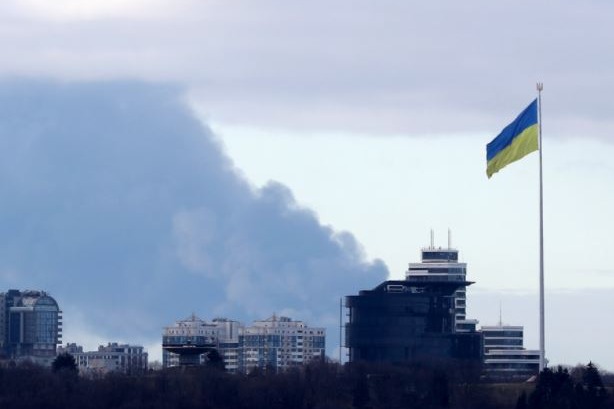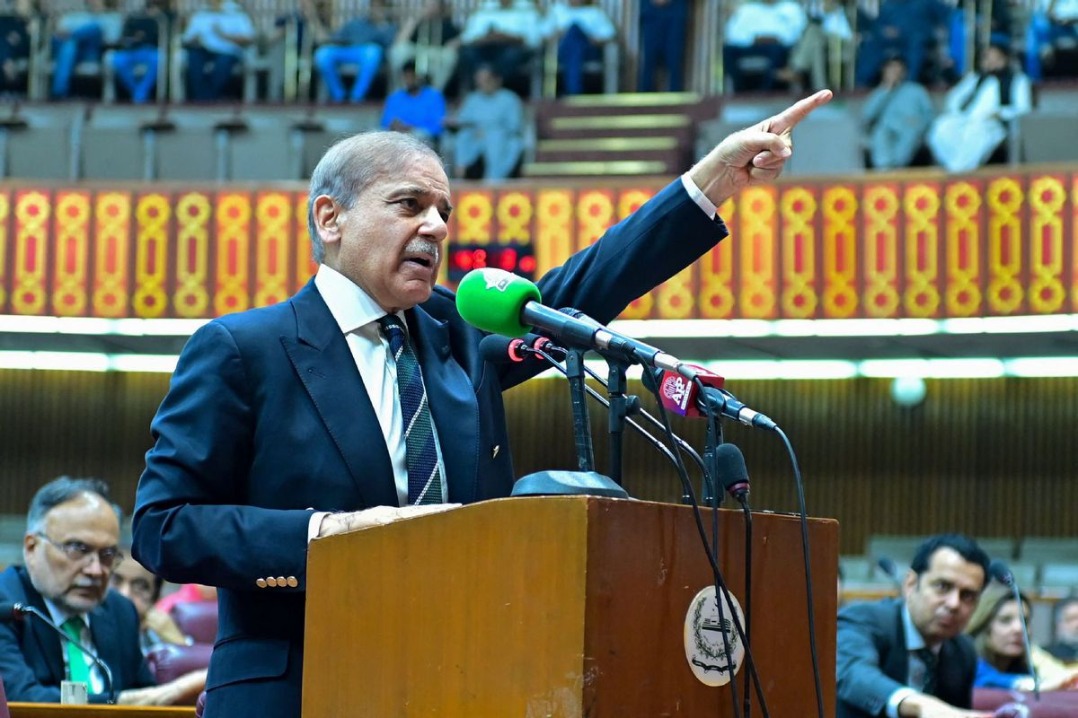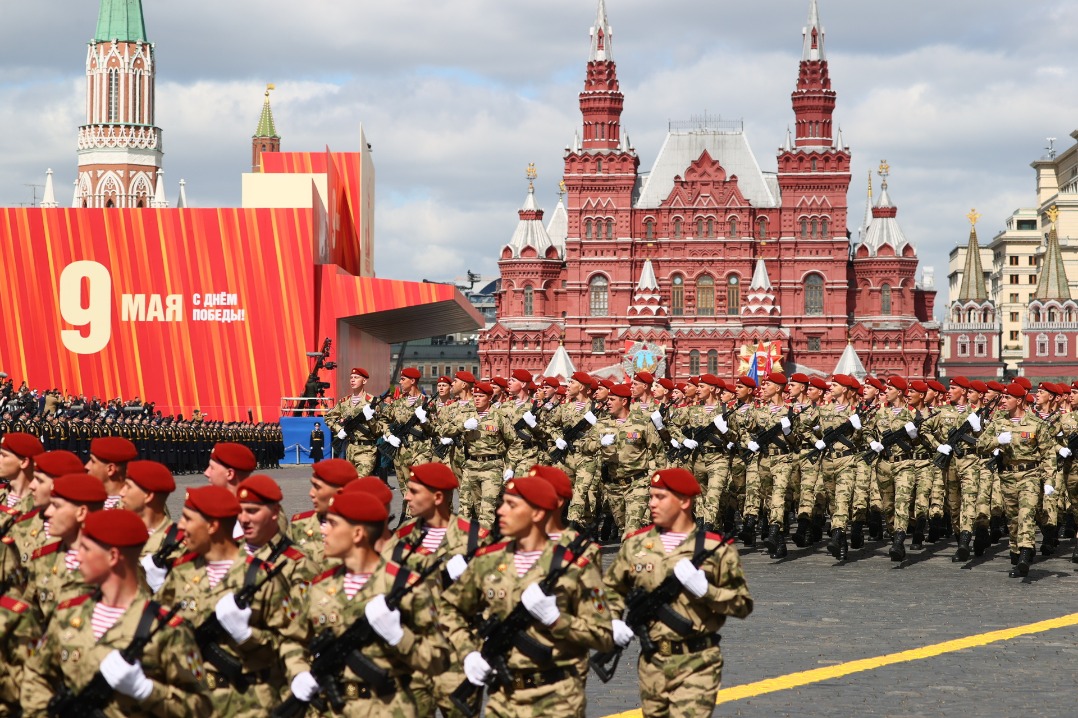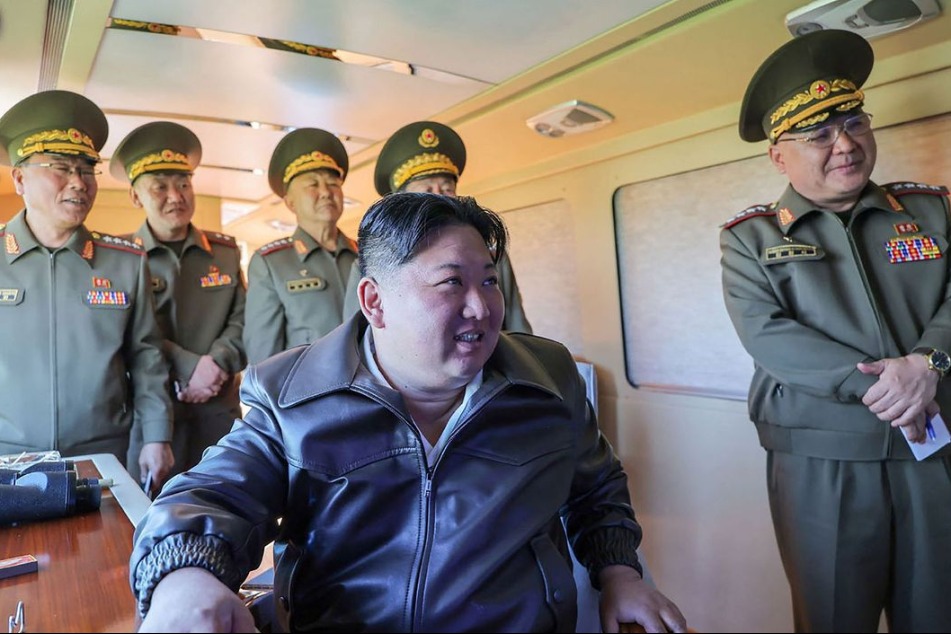German prices reach post-war high


Prices in Germany rose during 2022 at the fastest rate seen since the end of World War II.
Increasingly expensive food and fuel were the main reasons for the rise in overall consumer price inflation, Germany's Federal Statistical Office, or Destatis, said after it released figures for last year on Tuesday.
"The historically high annual inflation rate was driven, above all, by the extreme price increases for energy products and groceries since the start of the (Russia-Ukraine conflict)," Ruth Brand, president of Destatis, told German broadcaster Deutsche Welle.
Destatis said inflation ran at an aggregate of 7.9 percent during 2022, largely because of the fast-rising fuel prices linked to shortages and import restrictions attributed to the conflict. The annual inflation rate during 2021 was 3.1 percent.
Destatis said supply chain issues and commodity shortages linked to the COVID-19 pandemic also contributed to price rises.
The worst of the year's price rises were recorded during its final months, with September, October and November all registering monthly inflation rates well above 10 percent. Destatis said a little piece of good news in the latest raft of official data was that the annual consumer price index fell to 8.6 percent in December, which could signal that the worst is now over. The harmonized index of consumer prices also eased in December to 9.6 percent from 11.3 percent in November.
Last year began with the annual consumer price index running at 4.9 percent in January before edging up to 5.1 percent in February, and passing 7 percent in March.
German Economy Minister Robert Habeck told Die Welt newspaper after inflation was reported to have edged down a little in December that he believes it could be back down to around 5 percent in Germany and the wider European region by the end of 2023.
State banks throughout Europe have set themselves the target of returning inflation to 2 percent in the long term and have been raising interest rates in attempts to discourage both spending and borrowing.
Deutsche Bank's chief executive Christian Sewing said on Wednesday he hopes central banks will continue to raise interest rates so inflation can be further suppressed, and that they do not think they have done enough.
"For God's sake, we mustn't underestimate inflation," he told broadcaster RTL/ntv.
Claus Vistesen, chief eurozone economist at Pantheon Macroeconomics, told The New York Times that the fall in energy prices at the end of 2022 that eased inflationary pressure is unlikely to continue deep into 2023.
"Headline inflation in the eurozone's largest economy eased significantly at the end of 2022," he said. "That's great news, but the decline was propelled mainly by fiscal stimulus, due to one-off energy support ahead of the price cap running through 2023."
EARLE GALE in London

































